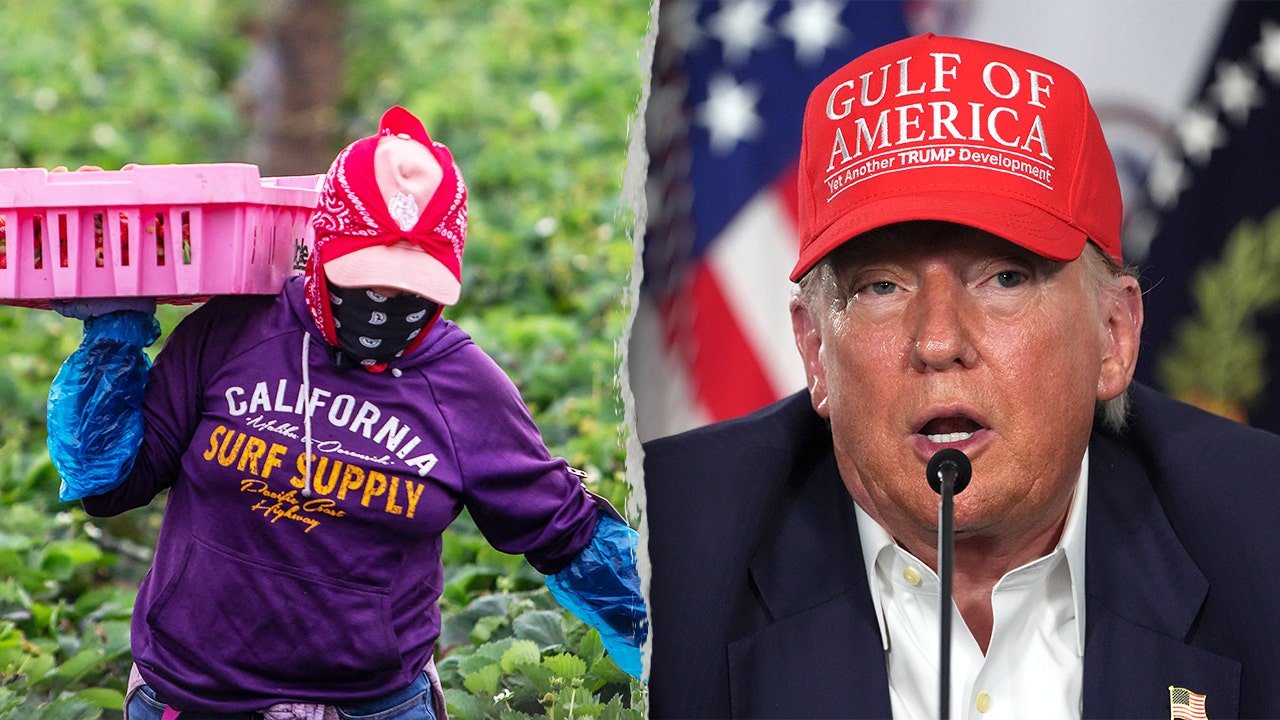Trump mulls protection for long-term farm workers from deportation raids

President Donald Trump has announced plans to explore deportation exemptions for illegal migrants working in farms or the hospitality industry. These exemptions would allow longtime undocumented workers to remain in the country legally, pay taxes, and continue working without receiving citizenship.
The proposed plan, which has not yet been officially announced, would create a system where farmers and other employers take legal responsibility for these workers. This would ensure that workers who have been in the labor force for years, particularly in agriculture and hospitality, can stay in the country and continue contributing to the economy.
During a tour of a new immigration detention camp in Florida’s Everglades, Trump emphasized the importance of supporting farmers and hotel workers who rely on immigrant labor. He highlighted the need for a solution that allows these industries to maintain their workforce while also addressing immigration concerns.
Trump’s plan may not align with the views of his hardline immigration supporters, but the president is seeking to find a middle ground that balances the needs of businesses with immigration enforcement. He stressed that while these workers would not receive citizenship, they would be able to work legally, pay taxes, and help sustain industries that depend on their labor.
The president cited previous instances where mass deportation efforts led to farmers facing labor shortages, resulting in financial challenges for the agricultural sector. Trump expressed a commitment to avoiding a similar situation and ensuring that farmers have access to the workers they need to operate their businesses successfully.
While border czar Tom Homan has indicated that deportation operations will continue, they are not the primary focus of the administration. Trump’s emphasis on finding a solution that supports both industries and immigration enforcement reflects his efforts to address the complex challenges posed by illegal migration.
Overall, Trump’s exploration of deportation exemptions for workers in key industries demonstrates a recognition of the economic contributions made by undocumented workers. By seeking a balanced approach that considers the needs of businesses and the realities of immigration enforcement, the president is working towards a solution that supports both industry growth and legal compliance.




